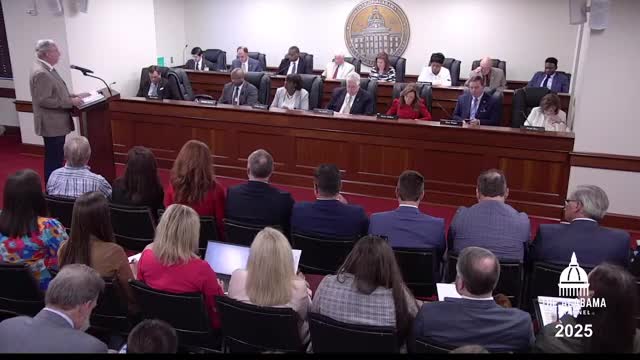Article not found
This article is no longer available. But don't worry—we've gathered other articles that discuss the same topic.
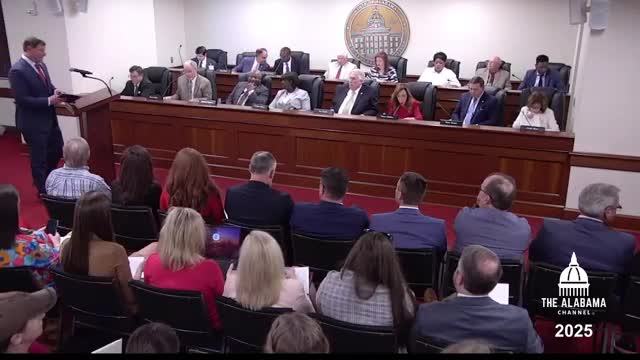
Committee hears HB246, a bill to restrict use of names and pronouns inconsistent with legal name or biological sex
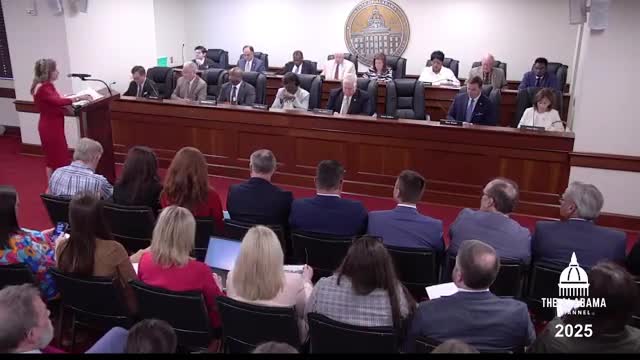
Alabama committee debates making religious release program mandatory for school districts
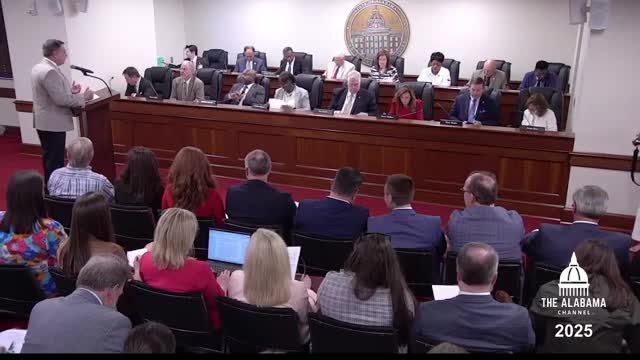
Education committee holds lengthy public hearing on HB244, which would restrict classroom discussion of gender identity and sexual orientation
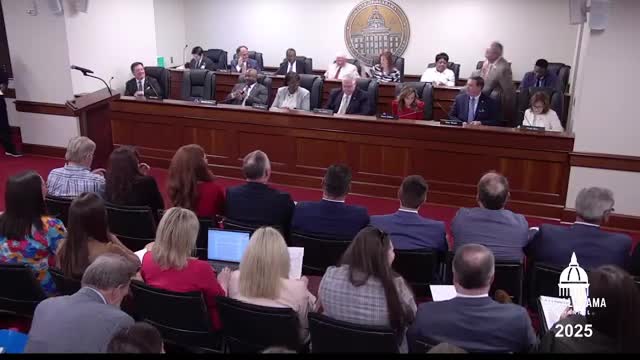
Committee gives favorable report to chaplain bill with little debate
